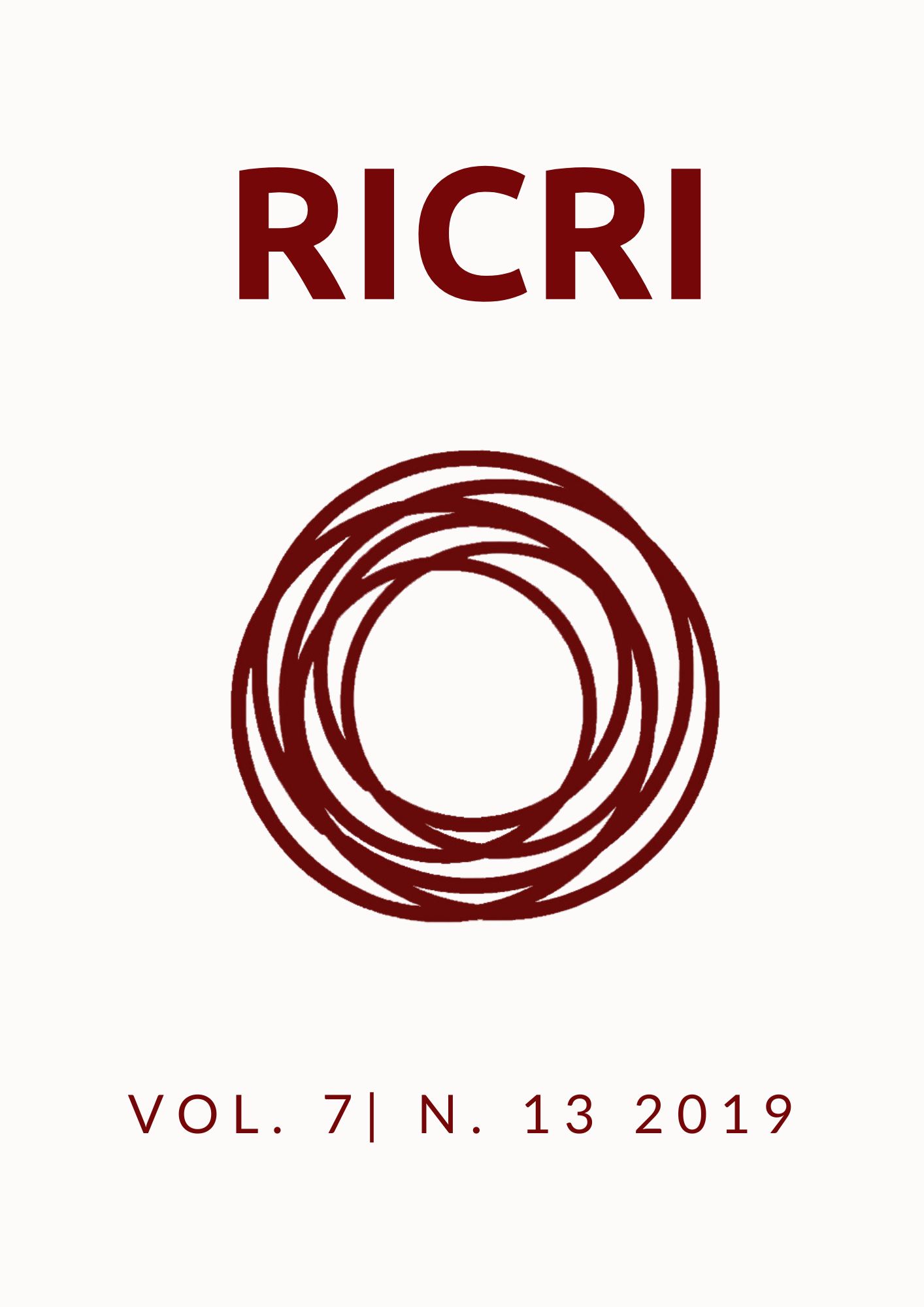The “Trump Effect” on China's role in the global order
Challenges and opprtunities to Brazil
DOI:
https://doi.org/10.22478/ufpb.2318-9452.2020v7n13.55628Abstract
The Trump administration represents a significant shift on the United States’ domestic and foreign policies, refusing to maintain the US as the leading country in promoting and implementing liberal values worldwide. Given Trump’s isolationism and despite those who sees Beijing as an opponent of liberal value, China is the main candidate to succeed the US as the cornerstone of the current world order, mainly because it benefits the most from it. Even though China is prone to global leadership, it requires regional partners to boost its claim for leadership, which it can find in Latin America, and more specifically, in Brazil. China and Brazil already consolidated a strategic partnership in the 90s and its relations were recently raised to the level of ‘Global Strategic Partnership’ with important outcomes, as the BRICS initiative displays. Therefore, this paper intends to assess the main challenges and opportunities posed to Brazil, given the “Trump Effect” on China’s international role. The conclusion identifies the need to set the course of Brazil’s foreign policy back on the track of global aspirations and to develop stronger bilateral political ties between Brazil and China in order to consolidate the partnership as a pillar of the liberal global order.
Downloads
Published
How to Cite
Issue
Section
License
Authors who publish with this journal agree to the following terms:
a. Authors retain copyright and grant the journal right of first publication with the work simultaneously licensed under a Creative Commons Attribution License that allows for sharing of work with acknowledgment of its initial publication in this journal.
b. Authors are able to take on additional contracts separately for non-exclusive distribution of the version of the work published in this journal (e.g., post it to an institutional repository or as a book), with an acknowledgment of its initial publication in this journal.
c. Authors are permitted and encouraged to post their work online ( eg, in institutional repositories or on their website) at any point before or during the submission process, as it can lead to productive exchanges , as well as increase the impact and citation of published work ( See the Effect of Open Access).




